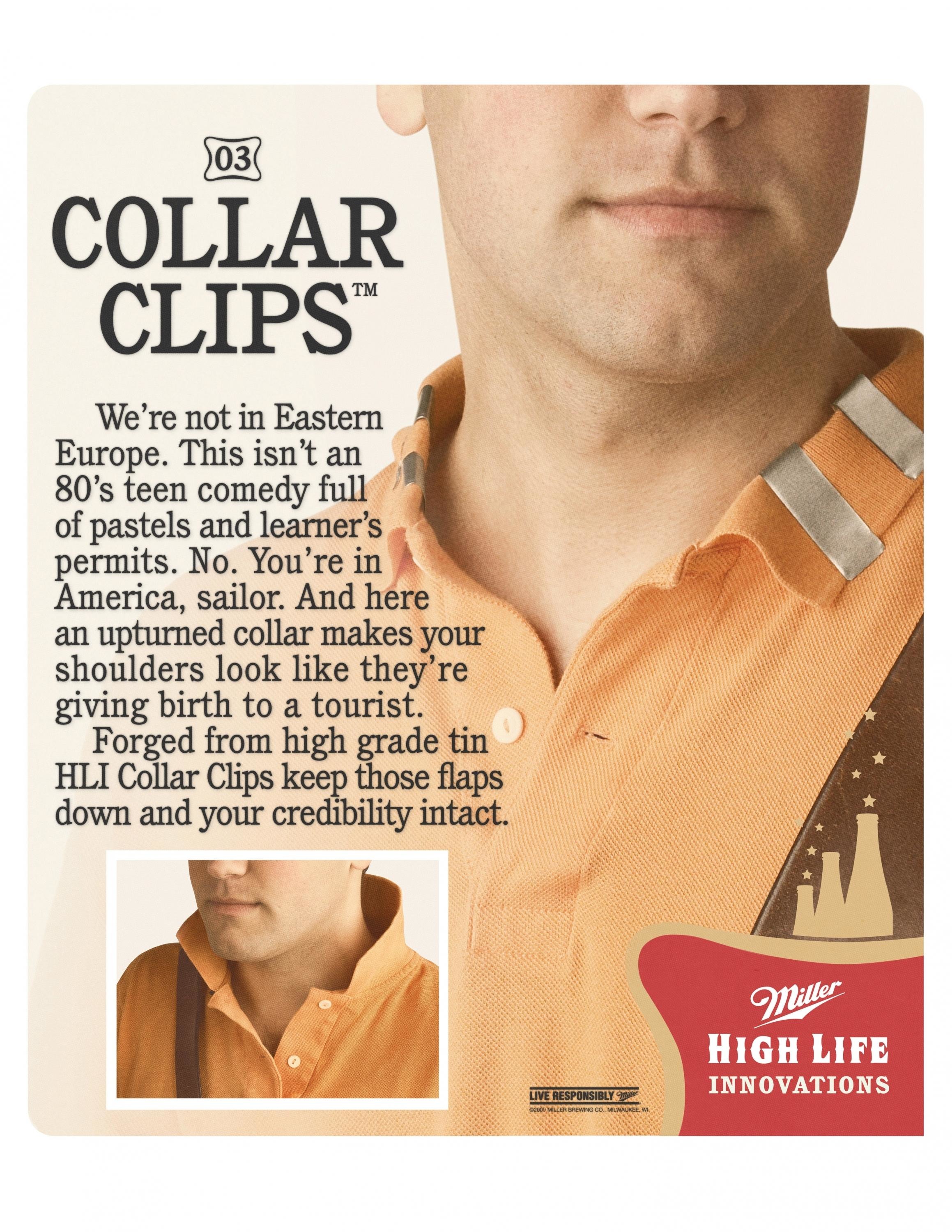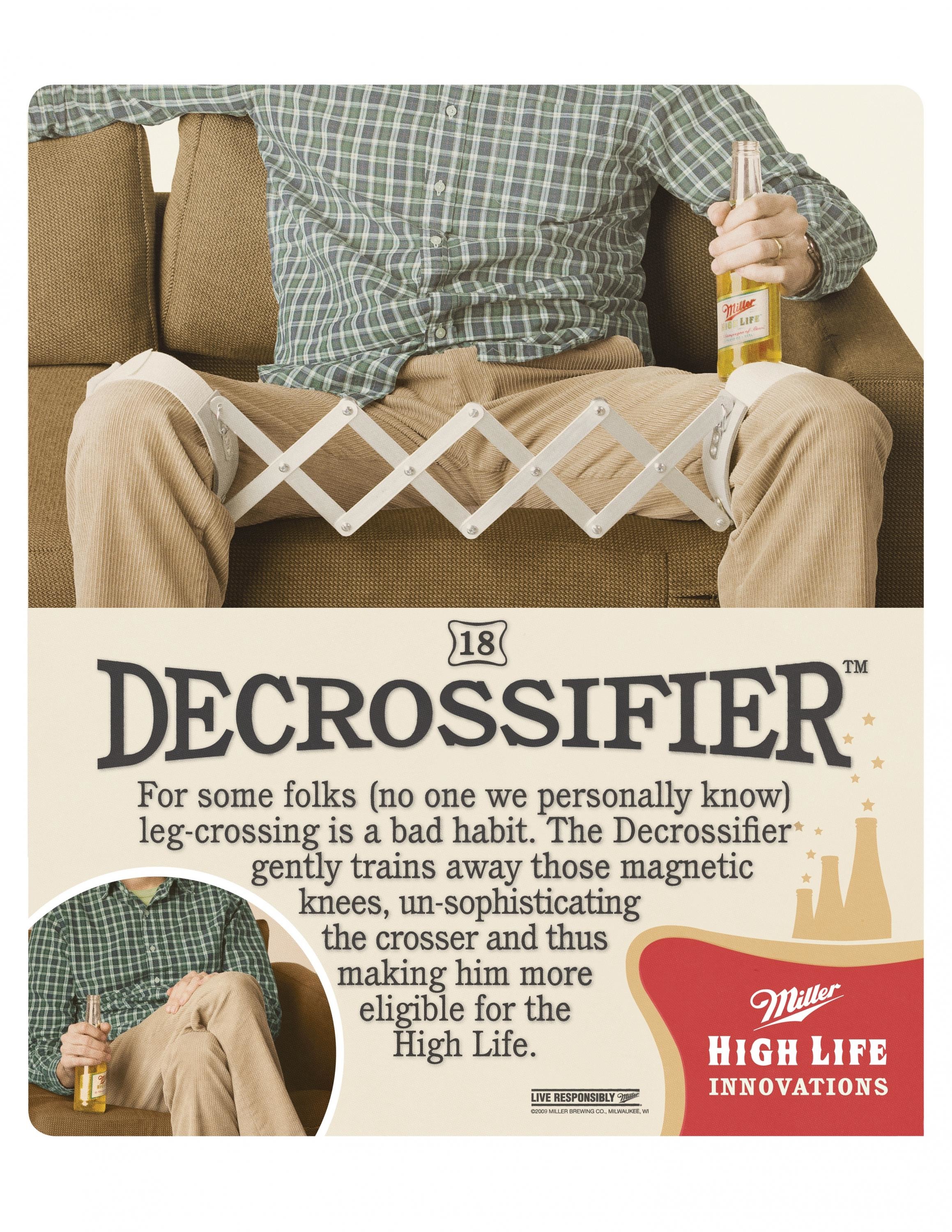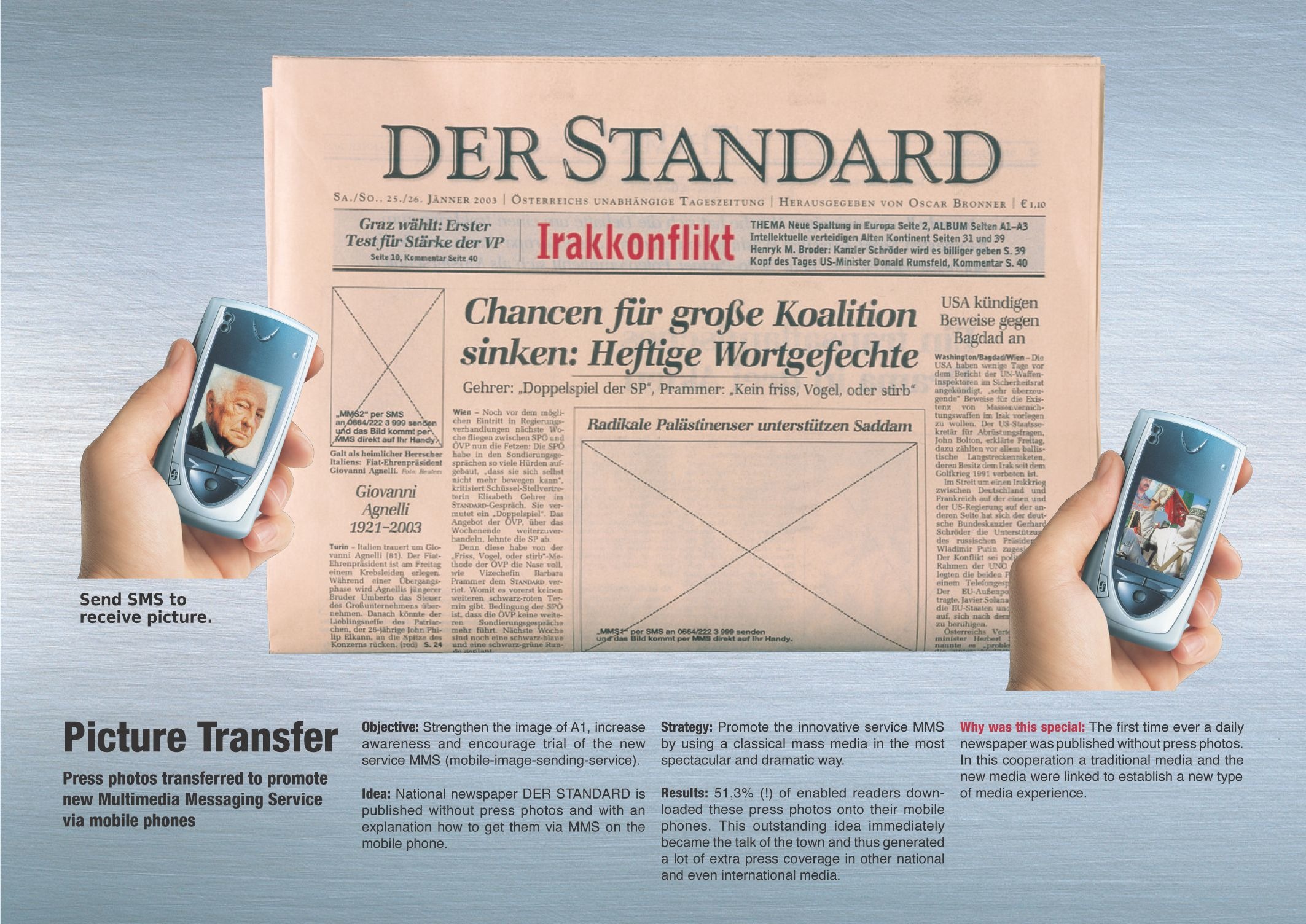Innovation > Innovation
SEA HERO QUEST
SAATCHI & SAATCHI, London / DEUTSCHE TELEKOM / 2016
Awards:
Overview
Credits
Overview
CampaignDescription
Our ambition was simple yet revolutionary: to change the way research data was collected by getting people to willingly volunteer information and time. Our insight was centred around the fact that people on average spend 3 billion hours a week play games, increasingly on mobile platforms, and made it obvious that a mobile game was the natural solution to our problem.
To be successful we needed a way to seamlessly integrate data collection into an entertaining and addictive gaming experience for players. Navigation would be the answer. Navigational skills are one of the first cognitive functions dementia sufferers lose, and also a tried and test gaming genre.
Our intention was to create the first mobile game that would challenge and record navigational skills of players around the world, and in doing so create a human benchmark for spatial navigation, against which dementia could be measured in the future.
Execution
Deutsche Telekom pulled together experts to create a game big enough to make a dent in dementia. A true collaboration that saw a telecom brand learn about the intricacies of medical research and University College London neuroscientists and Alzheimer’s Research learn about gaming. Our challenge was to find the perfect balance between engagement and scientific utility, to capture the same high quality level of navigational data that could be achieved by a clinical trial, all hidden within an addictive mobile game.
While players navigate a boat through five different themed areas, the game is logging all of the decisions they make and the route they take through the levels. This data is collected, compiled, and gets relayed back to the scientists, who see it like a heat map. That is then used to try and understand, on a mass scale, how people are navigating around these different mazes.
Outcome
In less than 5 days following global launch, primarily driven by PR, the game was downloaded over 500,000 times, and picked up by over 250 media outlets worldwide. We were in the Top 20 in App Store and Google Play across 40 markets, and #1 free game in the majority of them. We then used media and an influencer partnership with PewDiePie, reaching 3.2 million views in 24 hours.
After playing a combined total of 58 months, players generated the equivalent of 725 years of similar, lab-based research – a rate of 150 times faster. The largest previous study into dementia reached only 599 participants. A seismic shift that entirely depended on the innovation and advancement of the smartphone technology that we have in our pockets.
The game has successfully been launched on Apple and Android, earning a feature spot on Google Play.
Relevancy
Deutsche Telekom wanted to find a way to push back the advance of dementia, and we knew, from talking to scientists around the world, that the problem was data – or a lack there of. Traditional research gathering is slow, costly and does not provide enough data to create a full picture of the brain, they needed more data than currently existed. Our solution was a mobile game, one that would completely revolutionize how clinical trials work, taking the number of respondents from hundreds to millions over night and recording more data points in an hour than was previously collected.
Synopsis
Dementia is the next global health threat: currently affecting 47.5 million people worldwide, a number that is set to triple by 2050. It destroys memories, and not one person has ever survived. Despite the problem, for every 6 research scientists looking into cancer there is only 1 researching dementia.
Deutsche Telekom’s fundamental belief is that “Life is for sharing.” To us, memories and the people we share them with are what really matter in life. This belief is under threat from dementia, which destroys those memories.
Citizen Science projects have increased in popularity to harness the power of people around the world to crunch data and solve problems, but we needed to use that same power instead to create data. Traditional data collection involved putting up posters in doctors’ offices. At its most successful it achieved 599 participants. It was clear that something needed to change.
More Entries from Creative Innovation in Innovation
24 items
More Entries from SAATCHI & SAATCHI
24 items
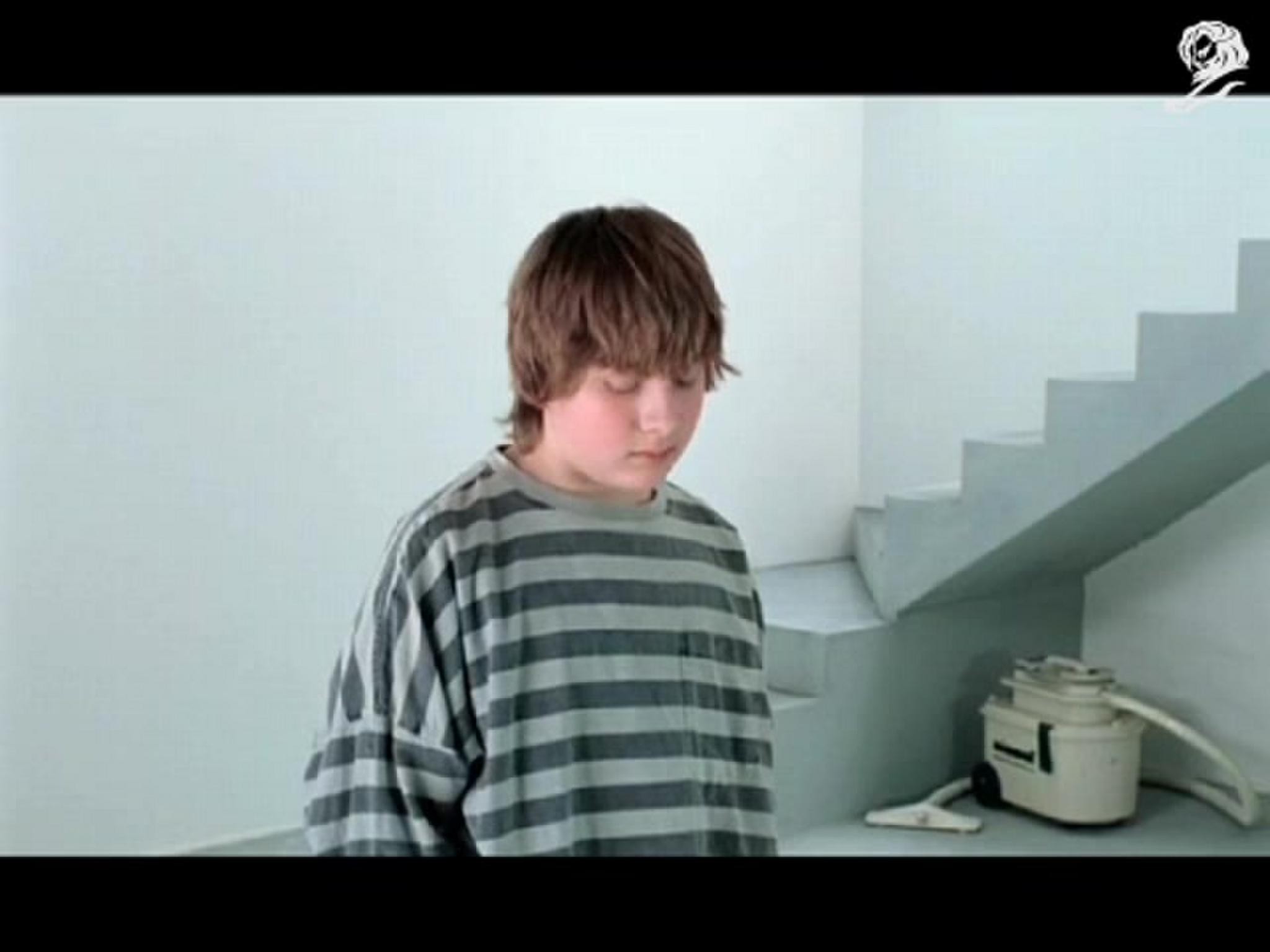
Sweet Foods & Snacks
REPLACEMENT
GENERAL MILLS, SAATCHI & SAATCHI
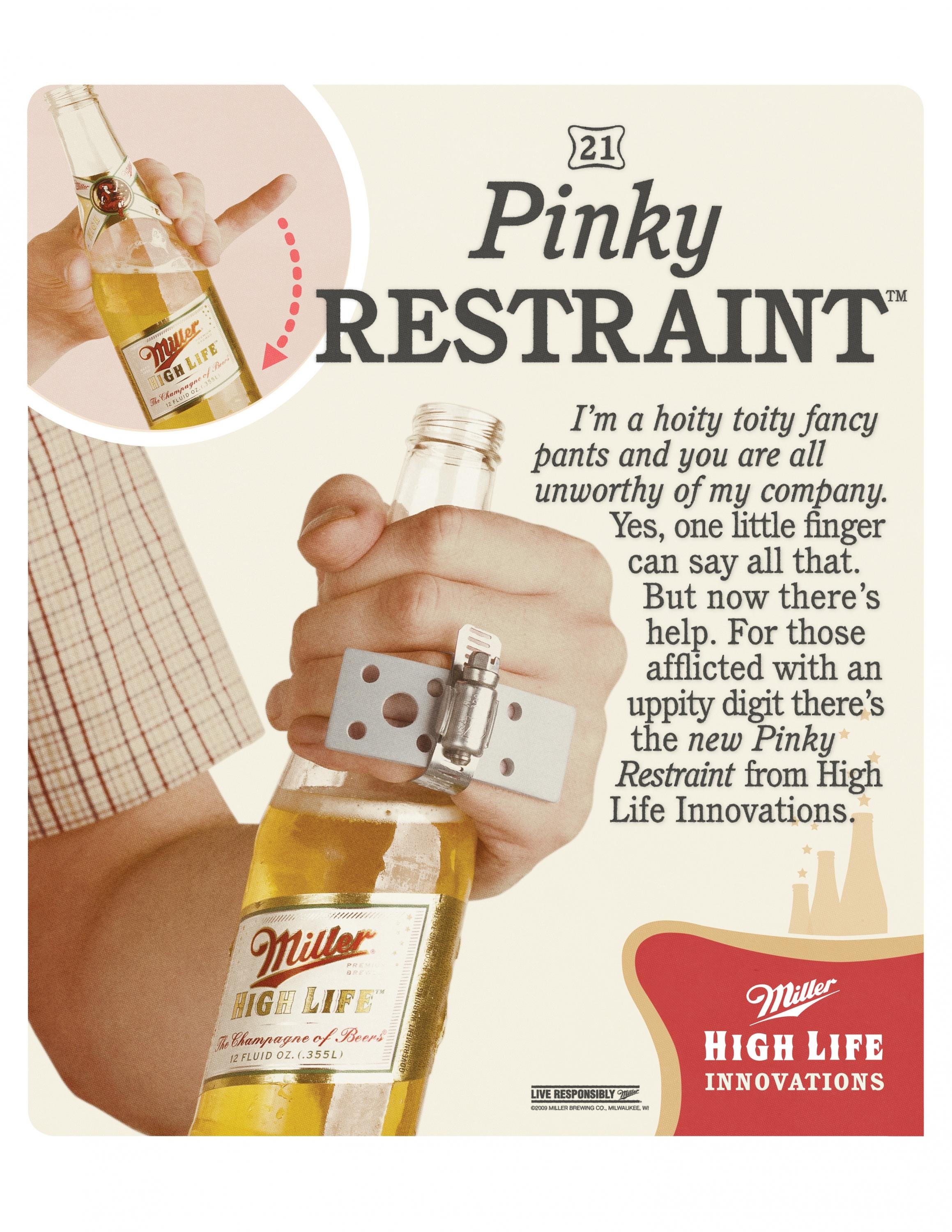
Alcoholic Drinks
PINKY RESTRAINT
MILLER BRANDS, SAATCHI & SAATCHI














